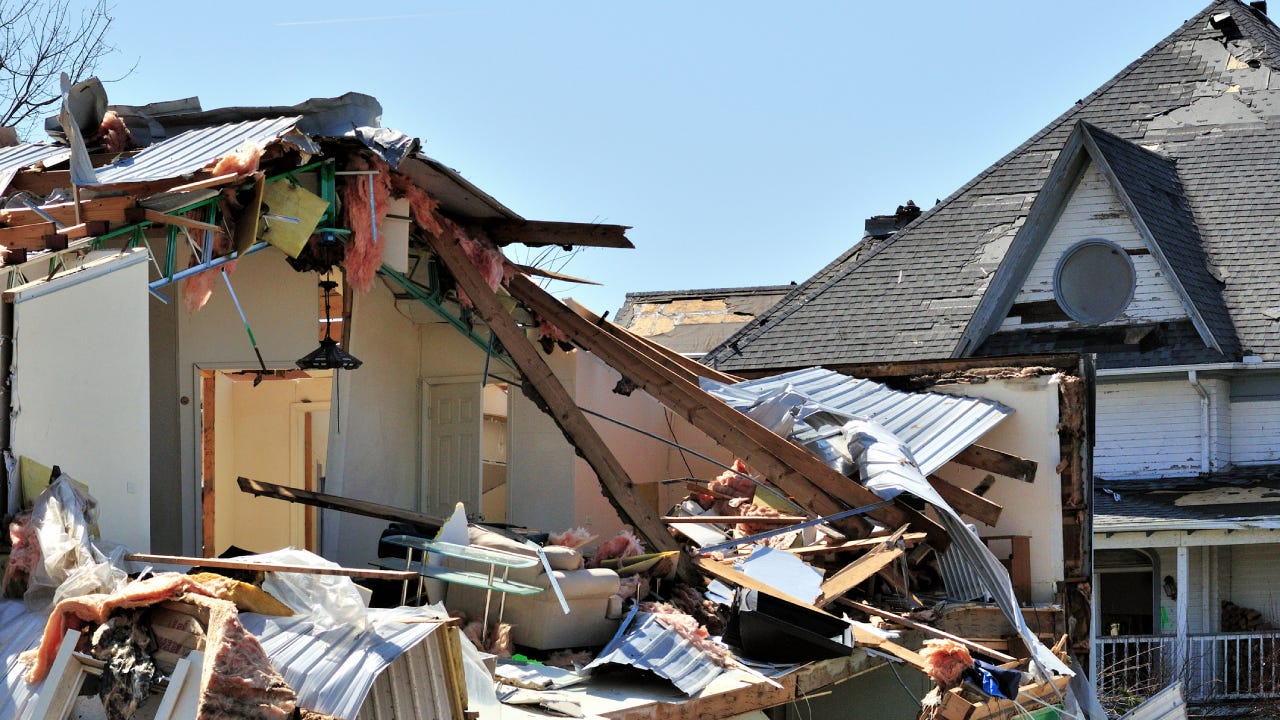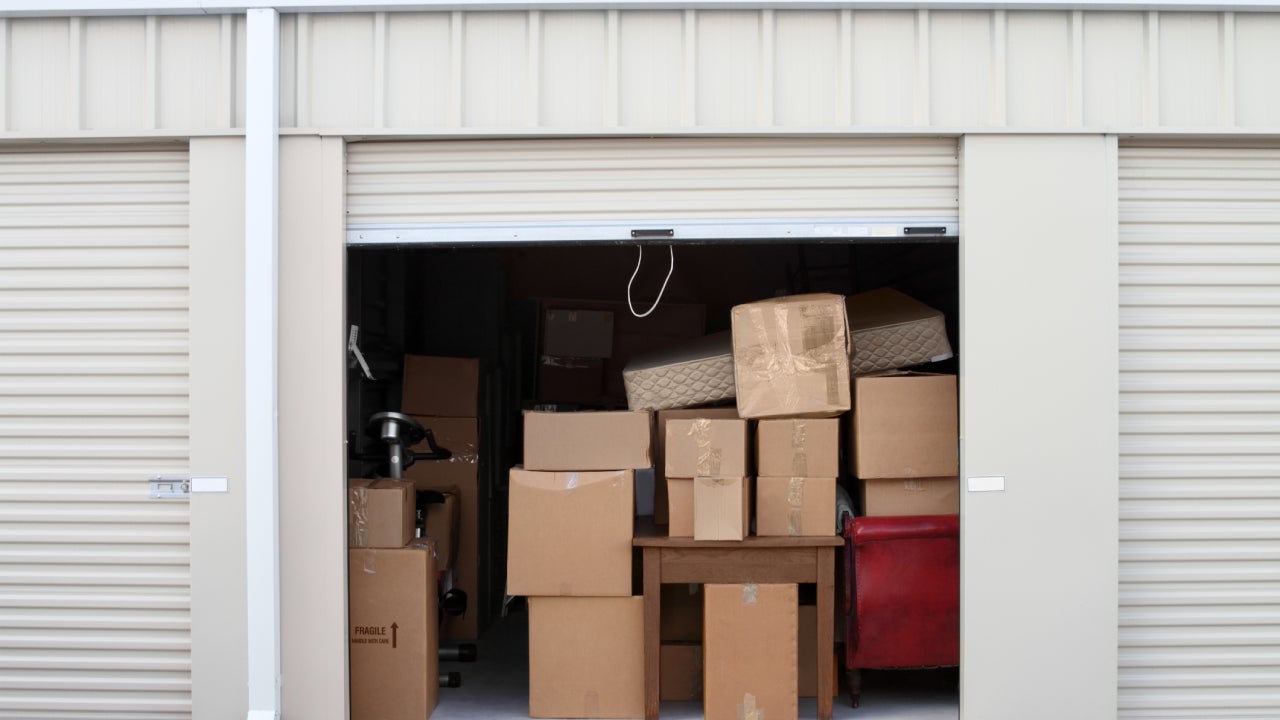Difference in conditions insurance

Our writers and editors used an in-house natural language generation platform to assist with portions of this article, allowing them to focus on adding information that is uniquely helpful. The article was reviewed, fact-checked and edited by our editorial staff prior to publication.
Key takeaway
- DIC insurance is commonly used by business owners, especially those with large-scale operations or expensive corporate buildings, to bridge the gap in coverage from their standard insurance policies.
- Private homeowners usually do not need a DIC policy unless they are at high risk for loss due to an excluded peril.
- The most common reason for obtaining a DIC policy is to acquire coverage for financial protection against damage caused by floods, earthquakes and mudslides.
- DIC policies are highly adaptable and can be customized to meet the specific needs of the policyholder.
When it comes to protecting your property, standard insurance policies may not always provide enough coverage in the face of disasters. That’s where a difference in conditions policy (DIC) comes in. This supplemental policy offers expanded coverage for homes and businesses, particularly in disaster-prone regions. While a DIC is generally used for businesses with commercial properties or international interests, high-valued homes with unique needs or homeowners who can not find coverage for natural disasters in the standard insurance market may also benefit from this type of policy.
What is a difference in conditions policy?
A difference in conditions policy is an insurance policy that can help provide additional and expanded coverage for your home or business if you live in a region that sees regular disasters, such as earthquakes or floods.
Business owners, especially those who own large companies with expensive corporate buildings, use DIC insurance to bridge the gap between what a standard business insurance policy covers and the financial losses they might face after a disaster. However, the average homeowner does not likely need a DIC policy. Typically, a standard homeowners policy adequately covers most risks posed to homeowners and DIC insurance does not cover perils that a standard policy or additional endorsement can cover.
How does a difference in conditions policy work?
Difference in conditions (DIC) insurance policy is a form of expanded coverage designed to supplement standard insurance policies by covering what they may lack. This type of insurance is especially advantageous for safeguarding against disastrous events such as earthquakes, floods and other large-scale catastrophes that traditional policies typically exclude. While you can buy fairly robust policies and add endorsements for even more coverage, standard insurance doesn’t cover everything.
For businesses operating at a large scale, possessing commercial properties, or having global engagements, a DIC policy can be a beneficial tool offered by surplus line carriers. Surplus line providers are insurance companies specializing in underwriting non-standard risks and financial hazards that traditional insurance companies are unwilling to take on. Unlike conventional commercial and homeowner policies, DIC policies do not have a standard form; each policy is tailored to meet the exact needs of the policyholder.
Also, most surplus insurers do not need to file rates or policy language with the state, which allows the companies to have flexibility in coverage. Due to the high-value nature of DIC policies, it is common to see high premiums and high deductibles.
To find out if you could benefit from a DIC policy for your home or commercial property, talk to your insurance agent or broker and see what they have to say about your coverage. DIC insurance language is complex and it is best to have an experienced agent guide you through it. Another option is to contact the Insurance Marketplace to find a list of surplus line providers in your state.
What a DIC policy covers
A DIC policy can be necessary for many reasons, but it is most commonly purchased for financial protection against natural disasters. Standard home and commercial insurance cover some damage from extreme weather, including fire, windstorm, hail and snow, to name a few. But there are some catastrophes that typical policies don’t cover.
Common insurance exclusions include but are not limited to flood, earthquake, landslide and mudflow. If you live in an area prone to excluded losses and can purchase additional endorsements or standalone coverage, like a flood policy or earthquake endorsement, you might speak with your agent about adjusting your existing policy.
DIC policies usually exclude losses that the underlying policy or additional endorsements can cover. However, if the insured property needs higher limits than the underlying policy provides, a DIC policy can provide additional coverage. Another benefit is that DIC policies usually offer comprehensive coverage for floods, landslides, mudflows, and earthquakes — typically, owners would need to purchase separate flood and earthquake policies to cover damages from those events.
DIC policy for homeowners
Similar to HO-3 or HO-5 policies, DIC insurance can be a named peril or all-risk policy. Homeowners usually look for coverage for at least one of the following perils:
- Earthquake
- Flood
- Landslide
- Mudflow
- Wildfire
- Missing coverage from a FAIR Plan policy
DIC policy for commercial properties
Commercial properties can suffer from the same weather-related perils as homes but have a much higher replacement cost and unique additional risks that need coverage. DIC policies may cover losses from:
- Fire, earthquake, flood, landslide, mudflow
- Theft and theft of products on international soil
- Business interruption
- Increased liability risk
- Any unique peril approved by the surplus insurer
Who needs a difference in conditions policy?
Most homeowners do not need a difference in conditions insurance policy. However, if you live in an area that is at high risk of natural disasters or rare, catastrophic damage, your insurance agent may suggest that you consider adding DIC insurance if you can not find standard coverage.
Some homeowners are denied standard policy coverage due to the home’s location, age or type of construction. When this occurs, owners can apply for Fair Access to Insurance Requirements (FAIR) plans, state-mandated insurance policies for homeowners and businesses who can not secure property insurance by any other means. FAIR plans do not cover many perils that homeowners may need, such as personal liability or vandalism. This is the case for many homeowners in Florida due to flooding and California due to wildfires — by purchasing a DIC policy along with their FAIR plan policy, they can acquire coverage that is equal to a standard HO-3 or HO-5 policy.
The benefit of a DIC policy is that it can be tailored to fill the owner’s requirements. Luxury homes are an example of when traditional policies may not have high enough limits to replace the home in the event of a total loss. DIC policies can enhance the coverage limits on the underlying policy.
DIC insurance is designed for business owners, especially large-scale business owners, who benefit from the increased coverage options of commercial property policies. In fact, DIC policies are most commonly seen with business properties, as they augment the coverage from a simple commercial policy. Construction companies, for example, often rely on DIC policies to extend coverage from the underlying builder’s risk policy while working on a project.
Which insurers offer DIC policies?
You have options when it comes to finding an insurance provider offering DIC policies. These policies are typically written through Lloyds of London, although many U.S. insurance groups sell the policies. To find a provider, you might speak with an independent insurance agent or broker for recommendations.
These are just a few of the insurance groups that offer DIC policies:
- Aegis Group
- CSAA Group (affiliated with AAA)
- Great American Insurance Group
- Farmers
- Kemper
- Nationwide
- Travelers
- State Farm
Frequently asked questions
Why we ask for feedback Your feedback helps us improve our content and services. It takes less than a minute to complete.
Your responses are anonymous and will only be used for improving our website.
You may also like

Gap insurance in North Carolina: what you need to know

What is storage unit insurance?

Does pet insurance cover pre-existing conditions?

What is dwelling coverage in a home insurance policy?


